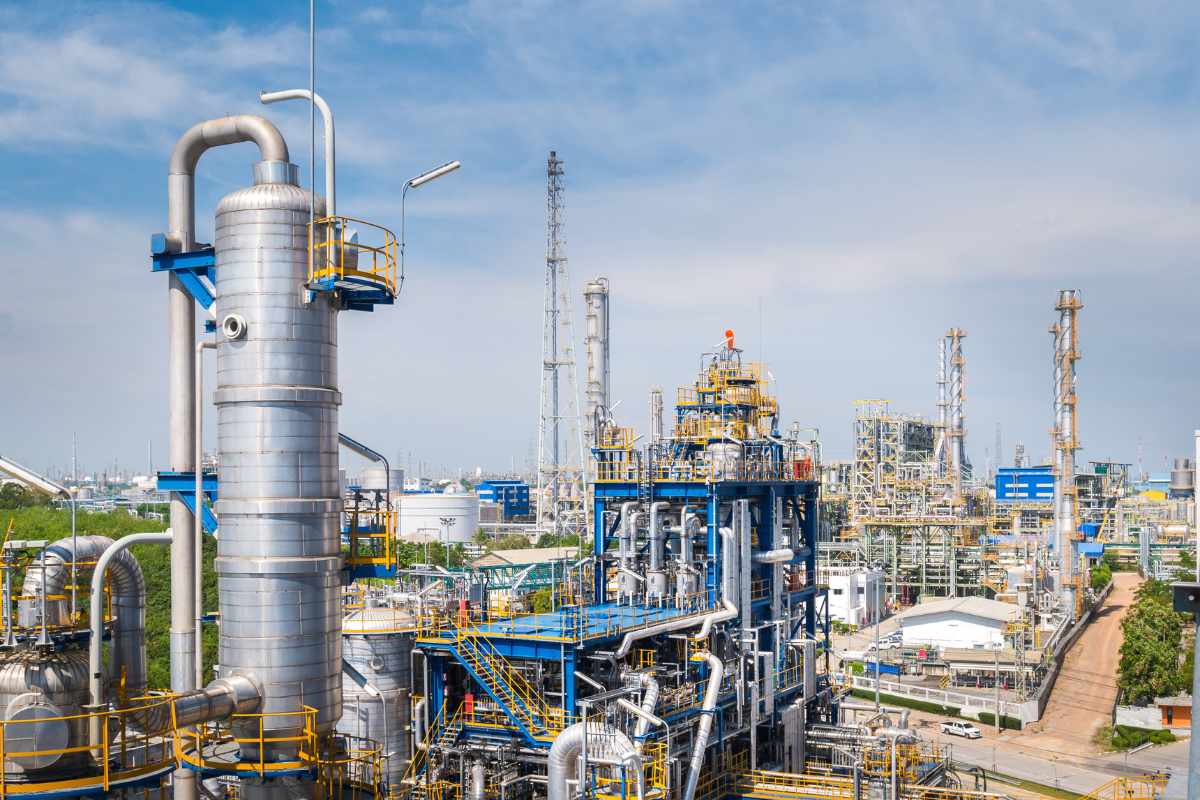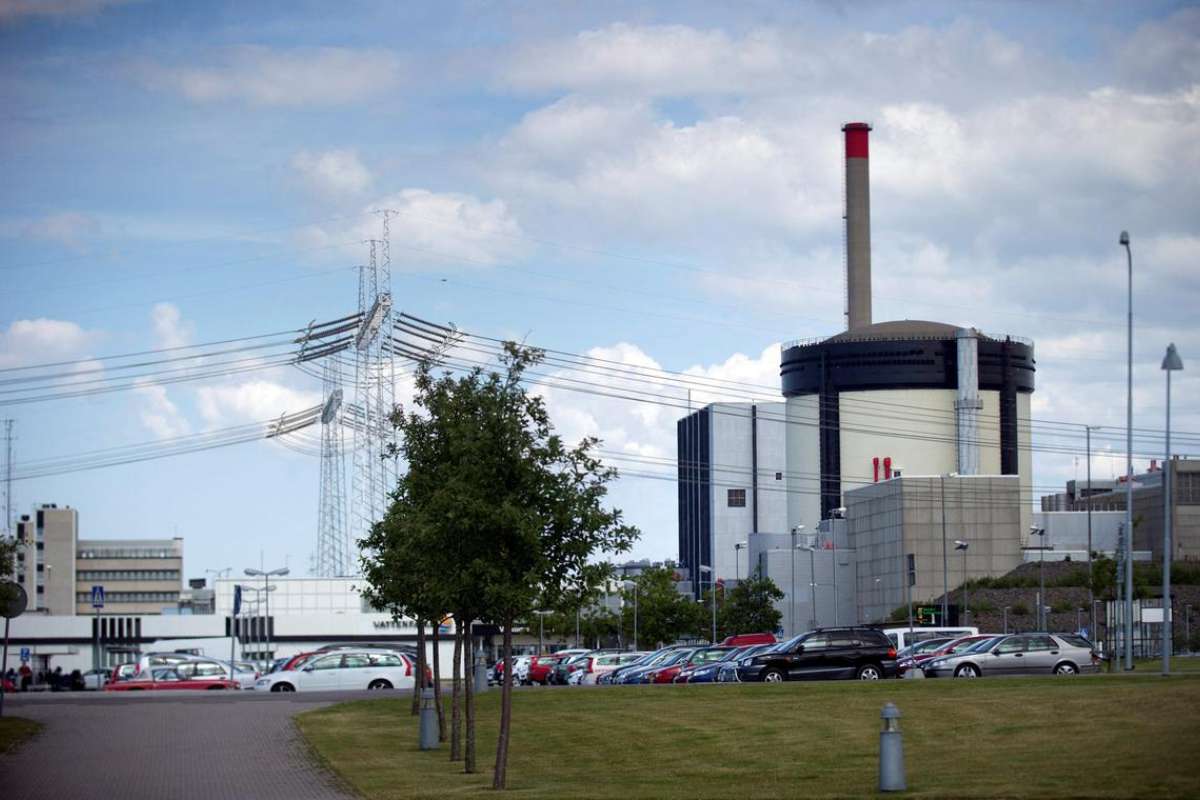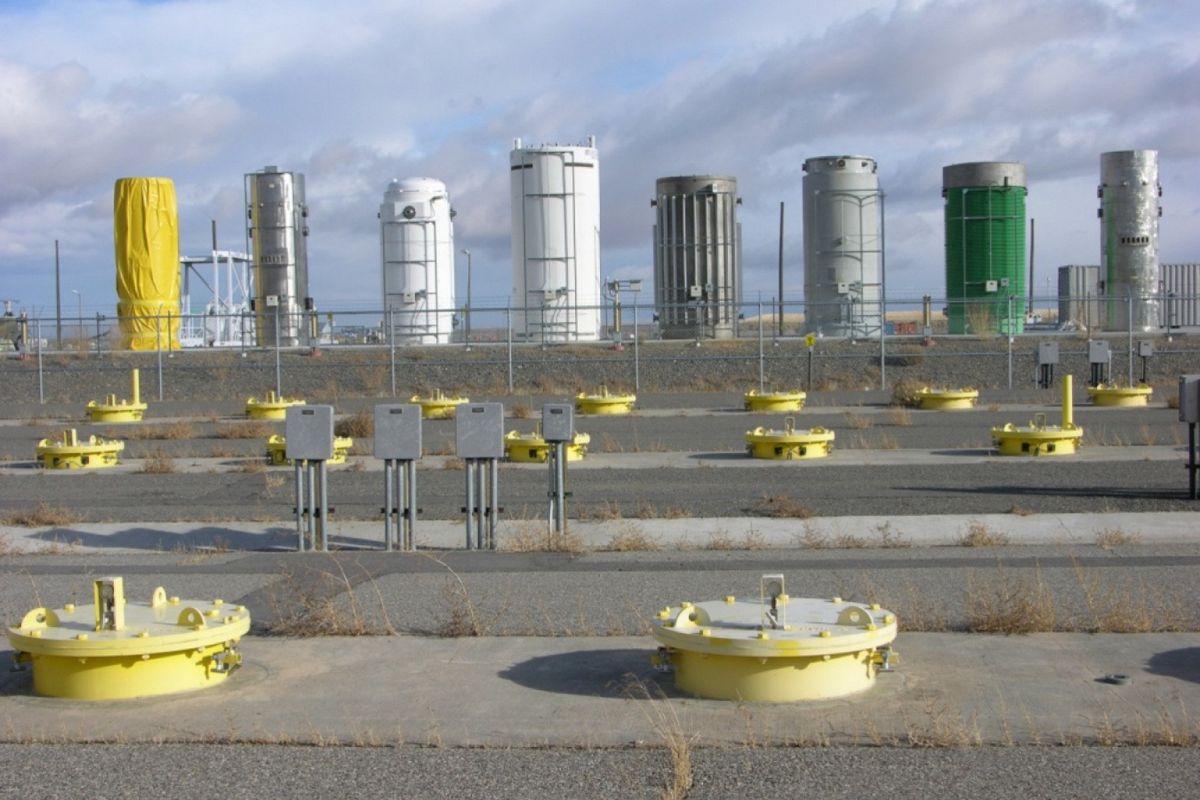Petroleum oil companies play a pivotal role in the world economy. From fueling our daily commute to powering industries, they are integral to modern life. Despite the increasing focus on renewable energy sources, petroleum oil continues to be a dominant player in the global energy mix. In this article, we will explore what a petroleum oil company does, its influence on global markets, the challenges it faces, and its future in a rapidly evolving energy landscape.
What is a Petroleum Oil Company?
A petroleum oil company is a business entity involved in the extraction, refining, transportation, and distribution of oil and gas. These companies are critical in ensuring the availability of oil, which is essential for transportation, electricity generation, heating, and countless other functions. A petroleum oil company often operates globally, managing complex operations that span across continents and oceans to meet the insatiable global demand for energy.
The operations of these companies can be divided into three main sectors:
- Upstream: Exploration and extraction of crude oil and natural gas.
- Midstream: Transportation, storage, and wholesale marketing of oil and gas.
- Downstream: Refining crude oil into finished products like gasoline, diesel, and jet fuel, and marketing them to consumers.
The Economic Significance of Petroleum Oil Companies
Petroleum oil companies are a cornerstone of the global economy. Their influence is felt across various sectors, including transportation, manufacturing, and agriculture. Oil is used to produce not only fuel but also a wide range of products such as plastics, fertilizers, and chemicals. The availability and price of petroleum directly impact these industries, making petroleum oil businesses key players in economic stability.
Moreover, many countries rely heavily on petroleum exports to fund their economies. Nations like Saudi Arabia, Russia, and Venezuela derive a significant portion of their GDP from oil exports. A petroleum oil company in such countries is often state-owned, giving it strategic importance. Conversely, oil-importing nations are heavily influenced by global oil prices, which can affect inflation, currency strength, and overall economic performance.
The Environmental Challenges Faced by Petroleum Oil Companies
While petroleum oil companies contribute significantly to the global economy, they are also at the heart of the debate on climate change. The burning of fossil fuels, which petroleum oil businesses supply, is one of the leading causes of greenhouse gas emissions. These emissions are contributing to global warming and extreme weather patterns. As the world increasingly prioritizes sustainability, the pressure on petroleum oil businesses to reduce their carbon footprint has intensified.
Many petroleum oil companies have responded by investing in cleaner technologies and renewable energy sources. Companies like BP and Shell have publicly committed to reducing their carbon emissions and expanding their portfolios to include solar, wind, and hydrogen energy. However, these efforts are often criticized as insufficient given the scale of the climate crisis.
Global Market Dynamics and the Role of a Petroleum Oil Company
Petroleum oil companies operate in a highly volatile market. The price of oil is influenced by various factors, including geopolitical tensions, supply-demand fluctuations, and OPEC decisions. A petroleum oil company must constantly adapt to these changing dynamics to stay profitable.
For example, the COVID-19 pandemic in 2020 caused a dramatic decrease in global oil demand as lockdowns halted travel and industrial activity. Petroleum oil businesses faced significant financial losses as oil prices plummeted. Conversely, during times of political instability in oil-producing regions, such as the Middle East, oil prices can spike, benefiting companies that control the supply of this valuable resource.
Additionally, the rise of renewable energy and electric vehicles poses a long-term challenge to petroleum oil companies. As governments and consumers shift towards cleaner energy alternatives, the oil demand is expected to decrease. This shift has forced companies to rethink their long-term strategies, with many diversifying their energy portfolios to include low-carbon options.
Technological Advancements and the Future of Petroleum Oil Companies
Despite the challenges, petroleum oil companies remain critical to the global energy mix. Technological advancements in extraction methods, such as hydraulic fracturing (fracking) and deepwater drilling, have unlocked new oil reserves that were previously inaccessible. This has prolonged the viability of oil production in the face of declining reserves in traditional oil fields.
Moreover, petroleum oil businesses are investing in research and development to improve the efficiency of oil extraction and refining processes. By reducing waste and emissions, these companies are striving to operate more sustainably while still meeting global energy demands.
One emerging area of interest for petroleum oil businesses is carbon capture and storage (CCS) technology. This involves capturing carbon dioxide emissions from industrial processes and storing them underground, preventing them from entering the atmosphere. If scaled successfully, CCS could help petroleum oil companies reduce their environmental impact while continuing to produce oil.
The Global Responsibility of Petroleum Oil Companies
Petroleum oil companies, given their global footprint, have a responsibility to operate ethically and sustainably. In recent years, there has been a growing emphasis on corporate social responsibility (CSR) within the industry. A petroleum oil company today must navigate not only the complexities of the market but also the expectations of a more environmentally-conscious public.
Consumers and investors alike are demanding more transparency regarding a petroleum oil company’s environmental practices. As a result, many companies are now publishing sustainability reports, outlining their efforts to reduce emissions, protect biodiversity, and support local communities in the regions where they operate.
Conclusion
Petroleum oil companies remain central to the world economy, providing the energy that powers industries and daily life. However, as the global community shifts towards a more sustainable future, these companies face increasing scrutiny and challenges. A petroleum oil company must adapt by embracing cleaner technologies, improving efficiency, and diversifying into renewable energy sources. Despite these challenges, petroleum oil businesses will continue to play a crucial role in the global energy landscape for the foreseeable future.
As the world navigates the delicate balance between energy needs and environmental sustainability, the role of a petroleum oil company will be more critical than ever. Through innovation, strategic adaptation, and a commitment to sustainability, these companies have the opportunity to shape a future where energy is both accessible and environmentally responsible.












